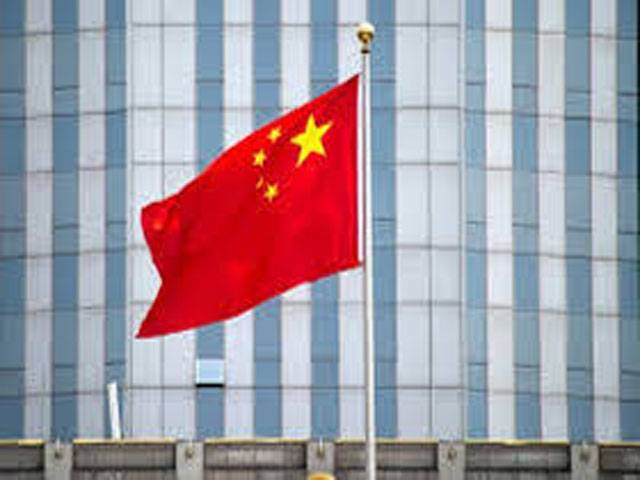BEIJING - China has reiterated its support to Pakistan at the FATF platform and said that it does not want the forum to be politicised, as some countries are trying to have Pakistan blacklisted as part of their political agenda.
“China does not want the FATF to be politicised by any single country. There are some countries, which want to include Pakistan in the blacklist. We consider they have political designs. That is something China is against. China stands for justice,” says Yao Wen, deputy director general for policy planning at the Department of Asian Affairs, China’s Ministry of Foreign Affairs.
Speaking to a group of visiting Pakistani journalists here, Yao Wen said China stood by Pakistan and blocked any attempt to put Pakistan on the blacklist. “We made it clear to the United States and India that we cannot do it. It goes beyond the purpose of FATF,” he said.
He said the Financial Action Task Force (FATF) was not meant to put any country on the blacklist; it was meant to support the country to take action against terror financing. Pakistan is effectively pursuing its National Action Plan and China encourages it to act against terrorists and strengthen its system, he said.
“China will help (Pakistan) technically and politically to improve its system,” he said. China would also help Pakistan build capacity to handle issues related to terror financing. He said that FATF member countries should assist Pakistan in improving its system instead of pressurising it. China will continue its support to Pakistan in this regard, he said.
Besides China, Turkey and Malaysia supported Pakistan at the FATF meeting in October. According to the 36-member FATF’s Charter, support of at least three countries is required to save any country from being blacklisted. The FATF at its October meeting expressed satisfaction with the measures taken by Pakistan and the progress made in various areas.
As regards Pakistan-China ties, the Chinese official said it was high time in their bilateral relationship since Prime Minister Imran Khan visited Beijing thrice in a year and had meetings with Chinese President Xi Jinping four times.
He said the recent visit of Prime Minister Imran Khan to China was a productive one where he also had interaction with many heads of state. He said China and Pakistan were all-weather strategic partners with close cooperation in multiple fields. The China-Pakistan Economic Corridor (CPEC), he said, was moving in the right direction. “We are working closely on CPEC, and the issues of Kashmir and FATF.”
He welcomed establishment of the China-Pakistan Economic Corridor Authority (CPECA) by Pakistan and said it would help expedite work on CPEC projects.
About the recent visit of Chinese president to India, he said that relations between China and Pakistan were mature enough and they had nothing to do with India. “China and Pakistan have cooperation in all sectors. Our mutual trust stands very high while we have deficit of trust with India, as we have so many problems and differences (with them),” he said.
He said the Chinese president conveyed Pakistan’s concerns to Indian Prime Minister Narendra Modi about recent developments in the Indian-Occupied Jammu and Kashmir. India was told that Pakistan did not want war and wanted to resolve the Kashmir issue through peaceful means, he said.
To a question, the official said China had serious concerns about Indian actions of August 5 that had even challenged the Chinese sovereignty and interests. China, he said, had taken a strong position on these actions.
Yao Wen said that China had a clear position that Indian-Occupied Jammu and Kashmir was a disputed territory. The dispute between Pakistan and India has to be resolved in accordance with the UN Charter and Security Council resolutions. China did not back the unilateral action taken by India, he said. China was willing to play a constructive role for peaceful resolution of the Kashmir issue, he said.
The official said that lots of achievements had been made during the last five years, as 20 road infrastructure projects and power generation plants had been completed under CPEC.
“Now we are working with the Government of Pakistan on new projects,” he said. He said establishment of special industrial zones would be focused in the next phase of CPEC that would create jobs for local people and increase exports. He said that China and Pakistan had a strong cooperation in the defence sector.






